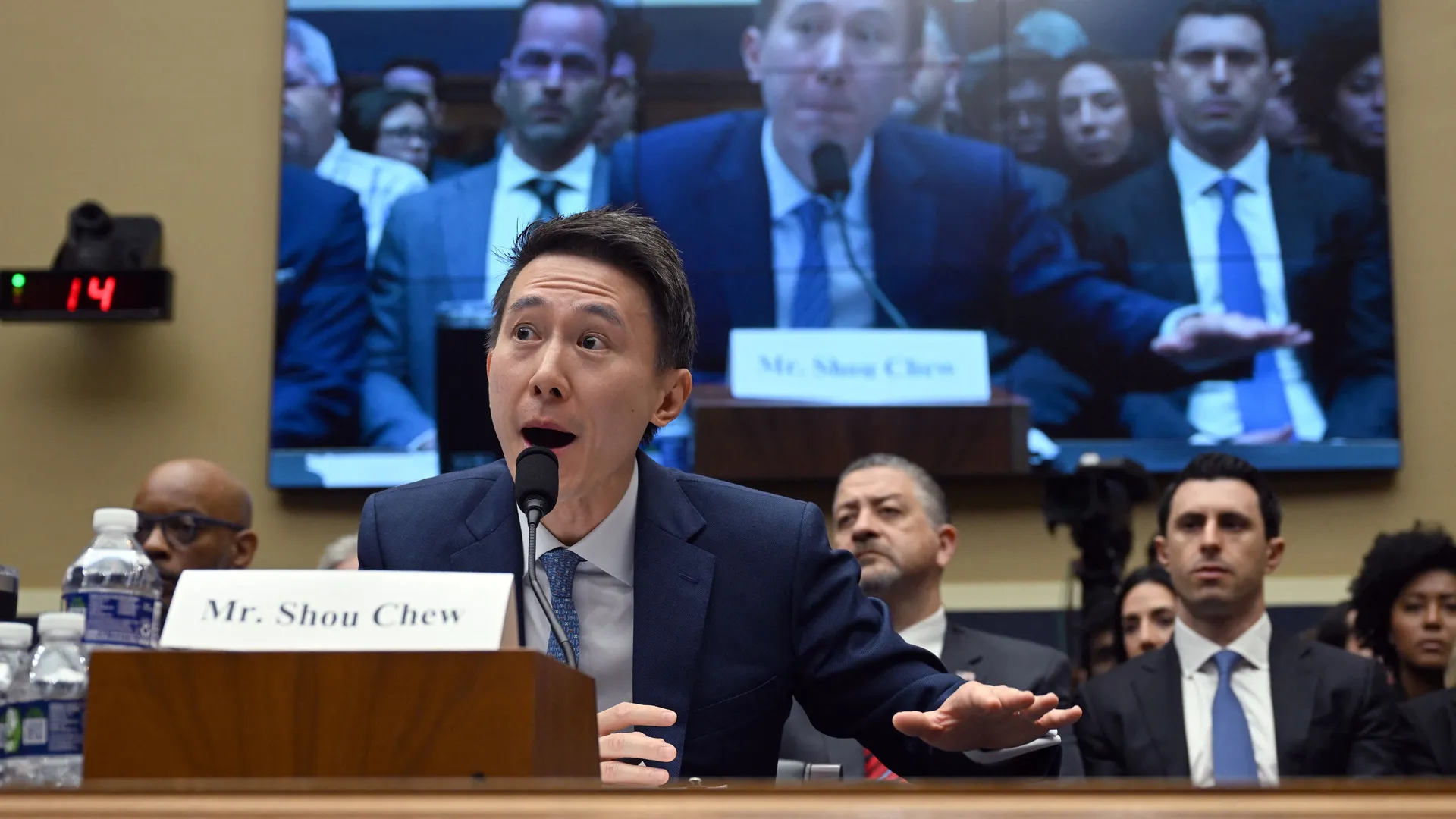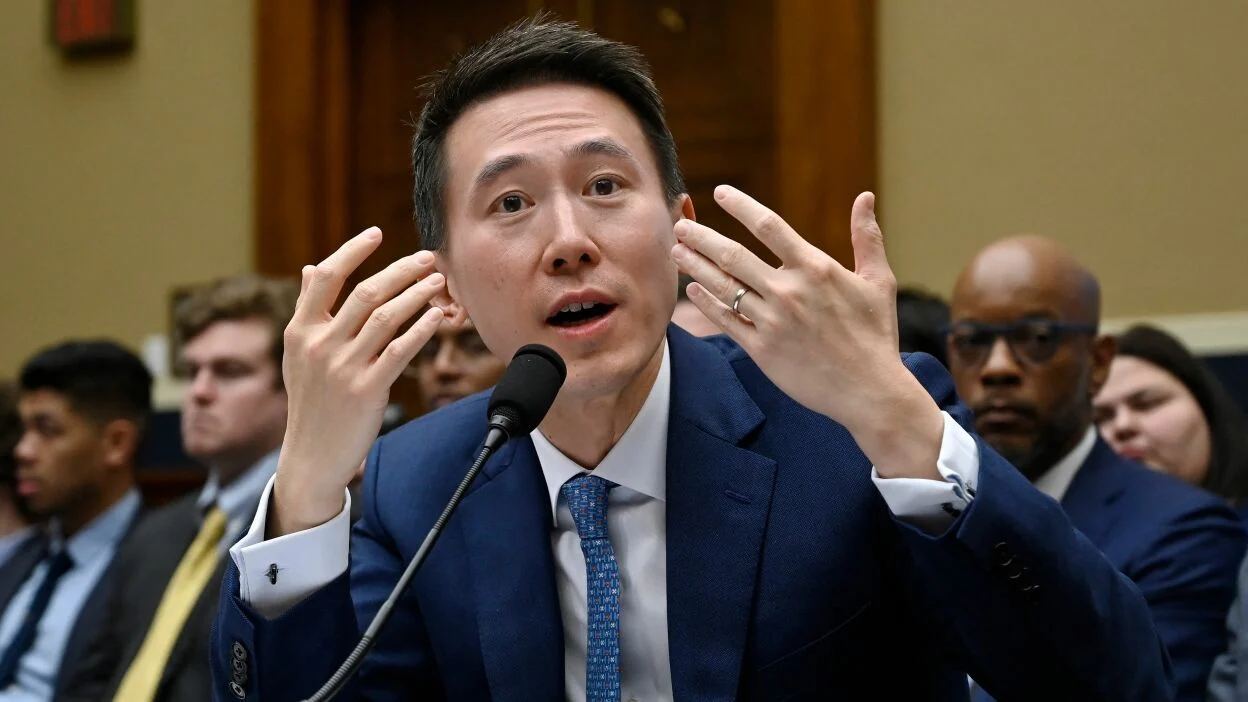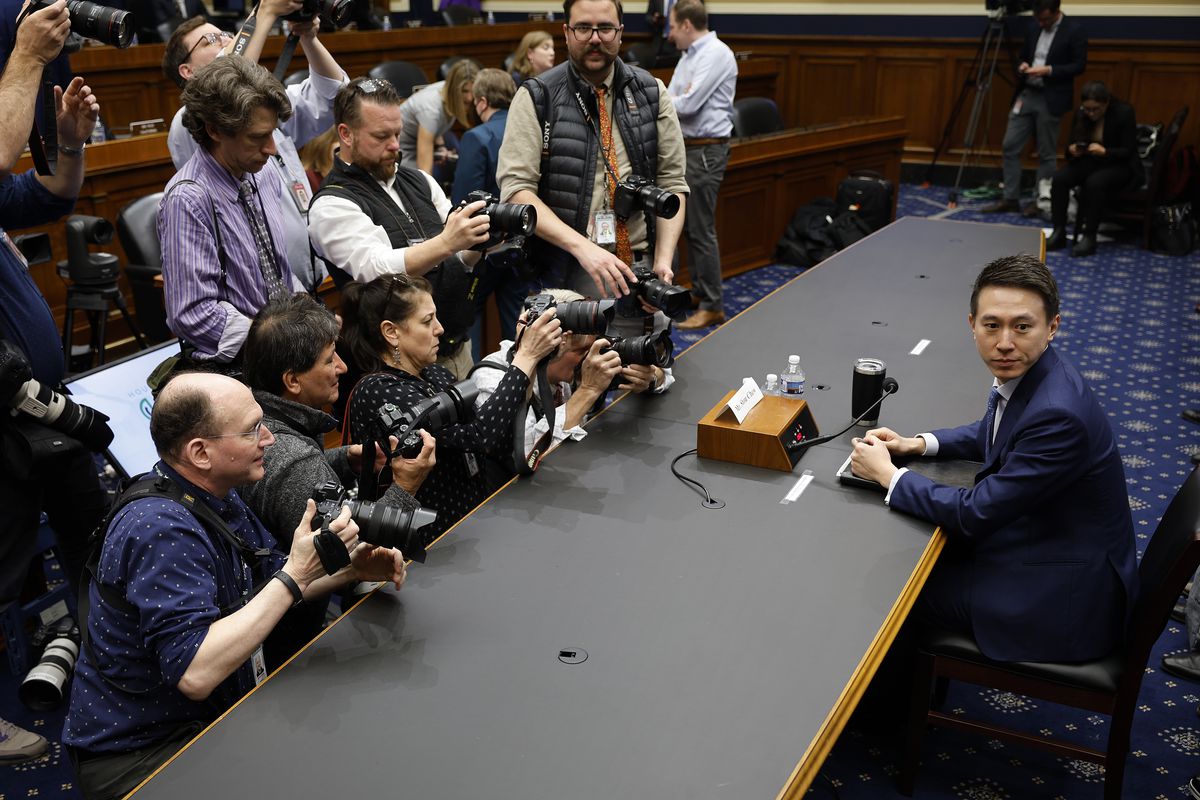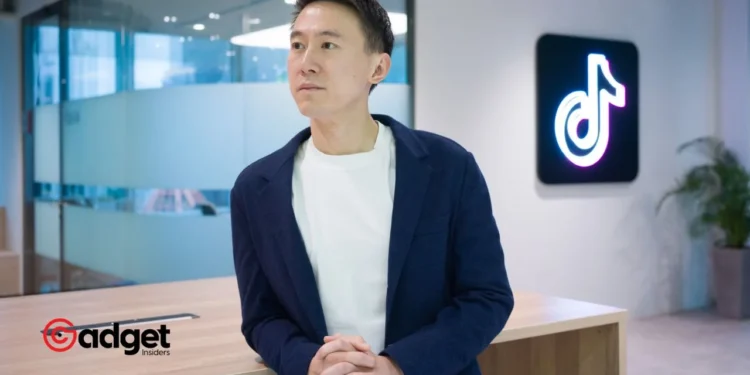In a landscape increasingly concerned with the intertwining of technology and national security, the United States Senate is taking definitive steps toward addressing the controversies surrounding TikTok, the Chinese-owned social media juggernaut. With the RESTRICT Act, colloquially known as the TikTok ban bill, gaining traction, the call for a public hearing underscores a broader narrative of transparency and due diligence at the heart of American legislative processes.

A Public Platform for Debate
The move to hold a public hearing, as articulated by Senate Commerce Committee chair Maria Cantwell, mirrors the government’s commitment to an open dialogue on the implications of TikTok’s operation within the United States. This decision follows a House floor vote that displayed overwhelming support for the act, hinting at a bipartisan consensus on the matter of national digital security. Cantwell’s approach seeks to illuminate the complexities of the proposed ban, ensuring that the legislative action is both informed and reflective of the multifaceted dynamics at play.

The Legislative Path Forward
The RESTRICT Act’s progression is poised to compel TikTok to sever its connections with ByteDance, its parent company, within a stipulated timeframe of 180 days. This move is not just about a singular platform but gestures towards a larger recalibration of how foreign-owned technology enterprises are viewed and regulated on American soil.
The urgency of the situation is amplified by endorsements from the highest echelons of government, with President Joe Biden indicating his willingness to sign the bill into law. This is indicative of a shared governmental resolve to mitigate potential risks associated with foreign interference and data security vulnerabilities.
Tiktok CEO Confronts Senate Committee hearing Senators Tom Cotton ex US marine serve in Iraq & become a senator…With a Tiktok buyer….@TikTokPolicy pic.twitter.com/MPCla9E3KN
— Haider (@Haider1Syed) March 15, 2024
Bridging the Divide
Despite the looming threat of a ban, TikTok’s rebuttal to the legislative measures highlights a discourse fraught with tension between national security interests and the global nature of digital platforms. The insistence on maintaining its relationship with ByteDance poses a significant challenge to the bill’s objectives, setting the stage for a potentially contentious negotiation landscape.
As the Senate gears up for a recess, the anticipation builds for the next phases of discussion and decision-making. The commitment to “getting it right,” as echoed by Cantwell, encapsulates the meticulous approach required in navigating the delicate balance between safeguarding national security and fostering an open, innovative digital ecosystem.

TikTok: The Road Ahead
The unfolding saga of TikTok’s legislative scrutiny is a testament to the broader challenges facing policymakers in an age where digital borders are increasingly blurred. As the Senate prepares for a public hearing, the eyes of the world will be watching closely, keen to understand how the United States will chart its course through the intricate web of technology, governance, and global interconnectedness. The journey ahead is not just about the fate of a single platform but about defining the contours of digital sovereignty in the 21st century.










